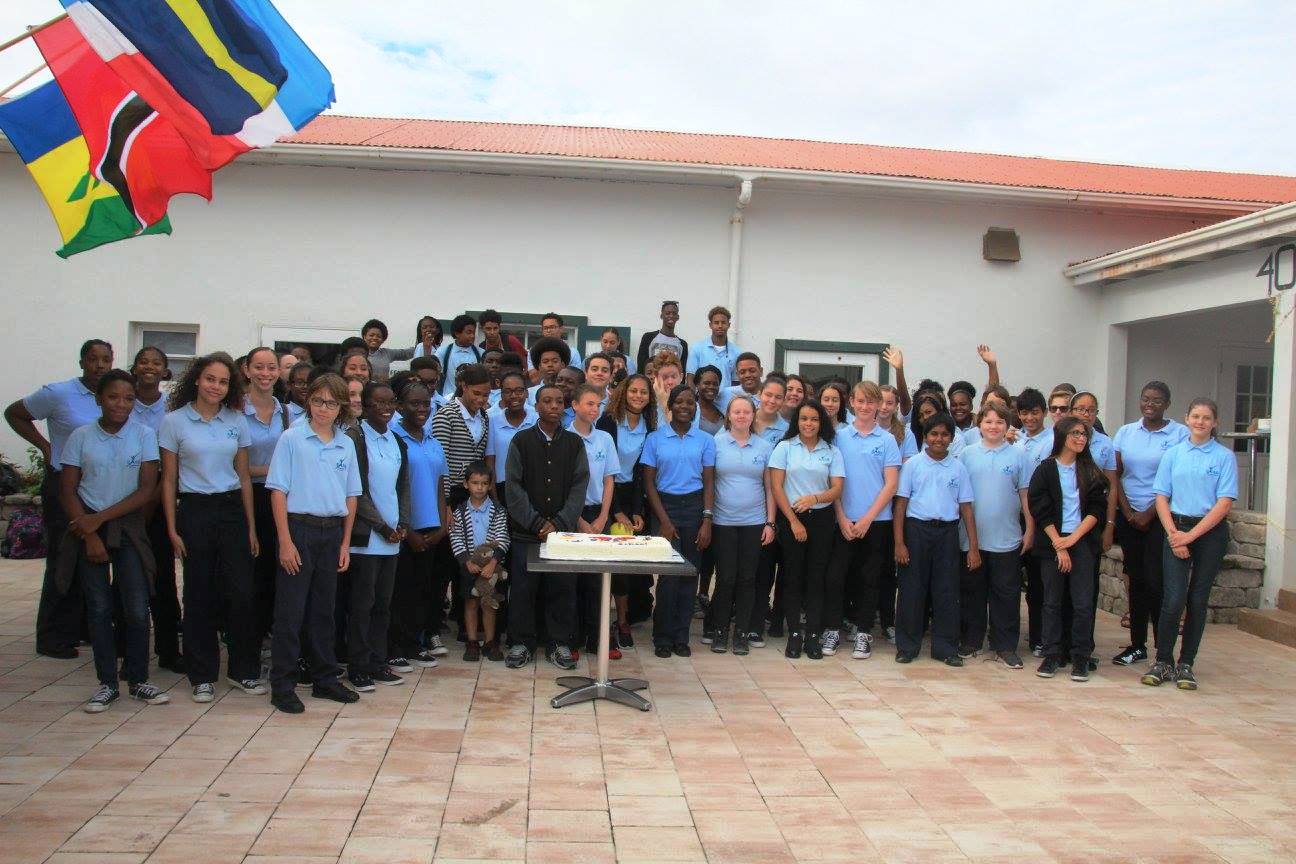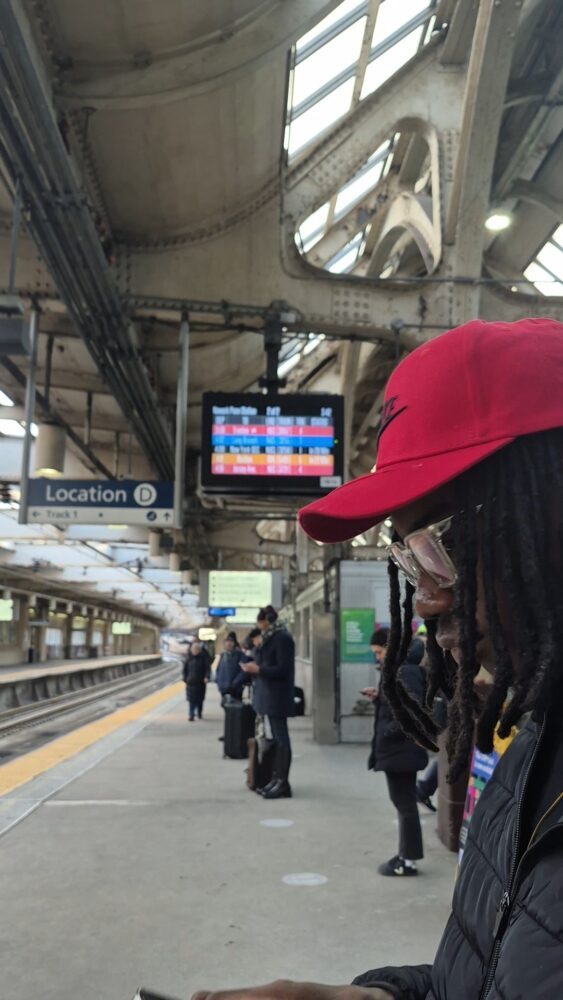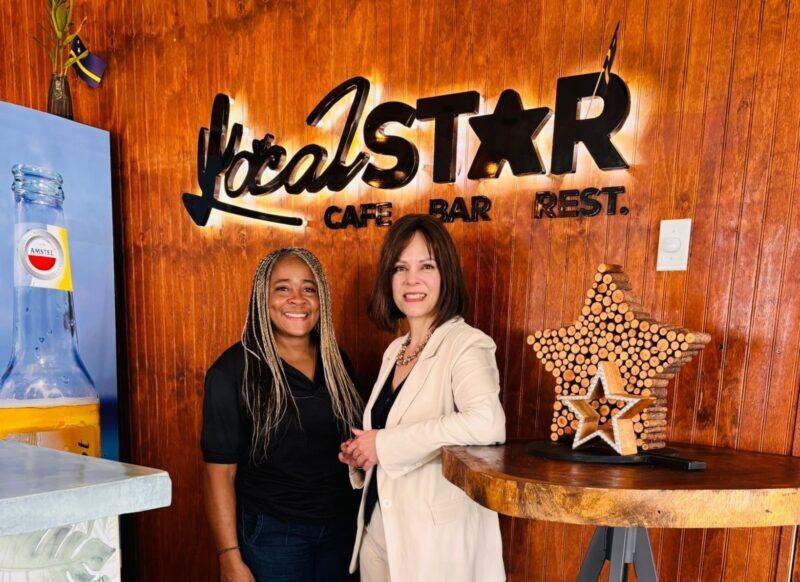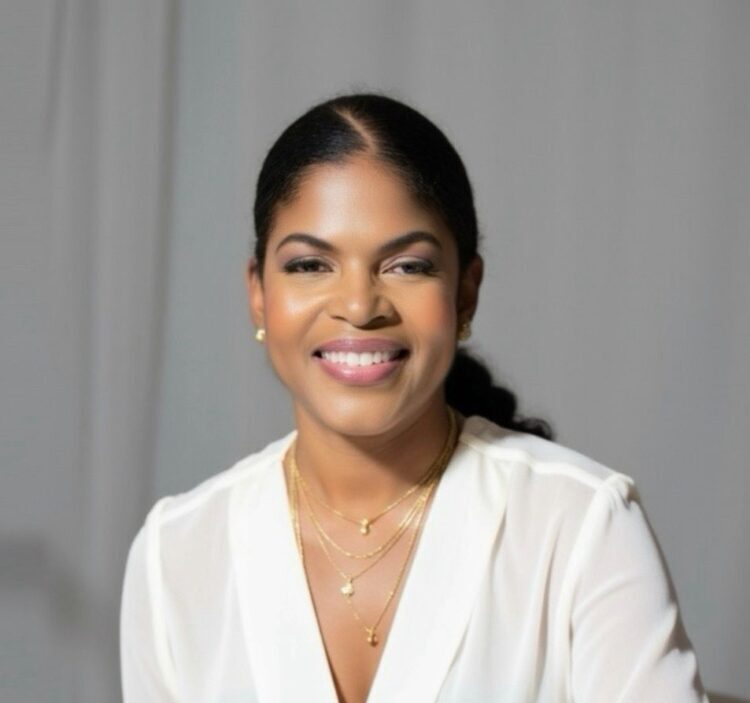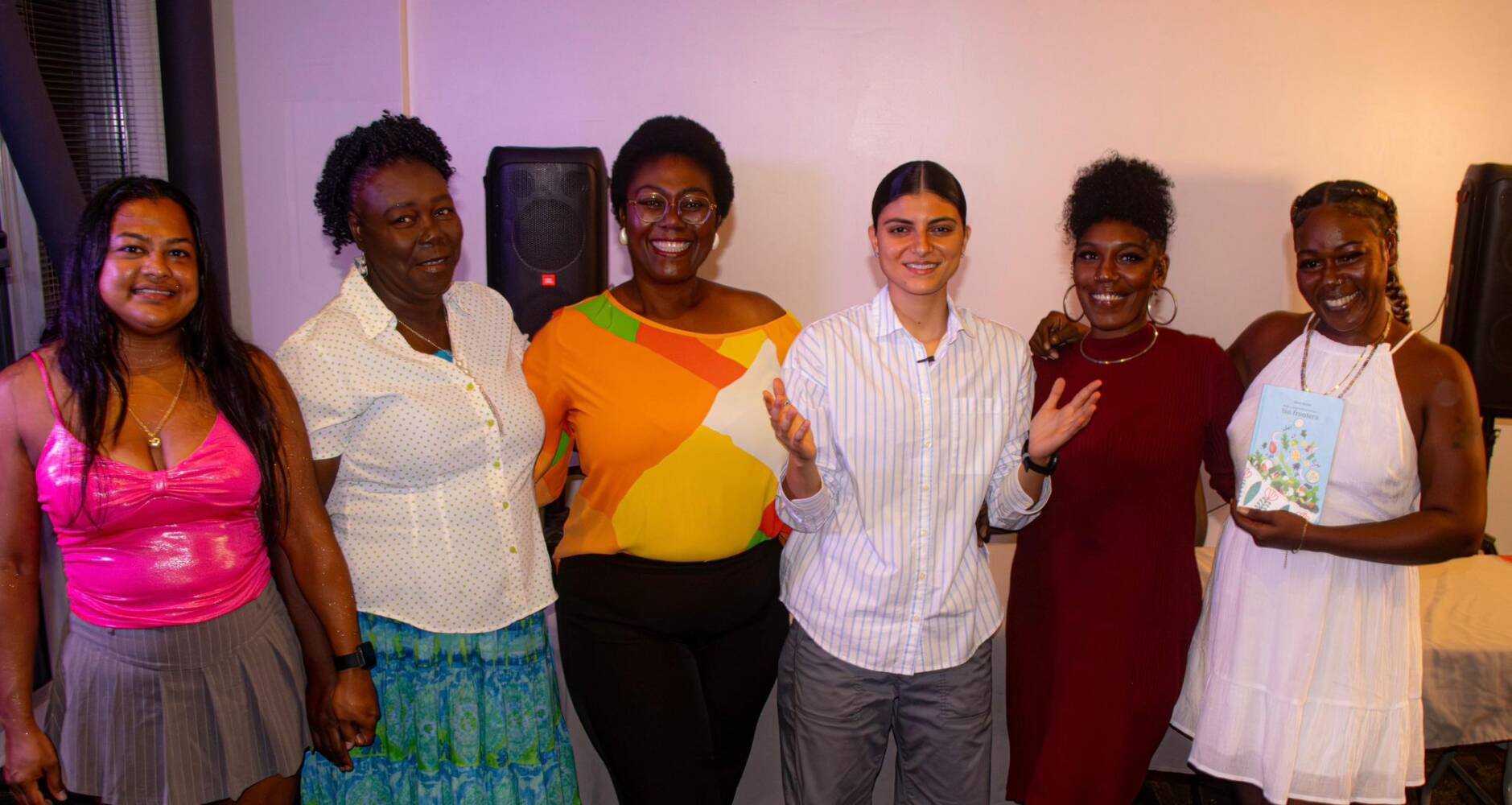
Students of Saba Comprehensive School (SCS)
THE BOTTOM – Apart from celebrating 40 years of existence the Saba Comprehensive School (SCS) had much to celebrate recently as it was the first school of the BES islands to reach the basic quality for vocational education and maintain the basic quality for secondary education.
Looking back on the last 40 years, Education Commissioner Bruce Zagers, who graduated from SCS in 1998, said achieving the basic quality standards would not have been a possibility years ago, but because of the positive developments in education post 10-10-10, the goal has been accomplished.
During a celebratory assembly at the school on Tuesday morning, Zagers touched on the lengthy journey the school endured to reach this stage of achievement, noting the changes made in the educational system and as well the physical structure of the school.
“For many it would be hard to imagine that the schools on Saba basically operated with no money. There was sufficient funding to pay the salaries of the teachers, but nothing left to invest in the school or material. If there was something that was really needed for the school money was collected from the school fees and “pastiche money”. To say at that time that the future of education on Saba was bleak would be an understatement.”
School history
SCS was established on November 22, 1976, when the founding members had a vision to provide technical education for the island’s adolescents. In the past once completing the sixth grade, Saba students had to migrate to one of the Dutch Caribbean islands and in some cases even further away to continue their education.
SCS, previously a technical based school (MAVO) is now a full fledge secondary school offering CXC curriculum and vocational education (MBO Level 2): Technical Maintenance and Hospitality. Lieutenant Governor Jonathan Johnson recollected on his years at the school, where he was amongst the first batch of students to graduate from SCS, at the time when Dutch was the language of instruction in the MAVO stream.
“Hundreds of teachers have passed through these doors, thousands of students have passed through these doors and it has cost a lot to keep the school here, but the determination of the teachers and students make it possible to keep the school operational,” said Johnson.
Zagers said because the education system is now properly funded, this has lead to many tangible improvements. Students no longer have to pay school fees and there are plans to further expand the school with more classrooms.
School success
The SCS celebrated once again a 100% passing rate for the academic and vocational exams, students sat this past school year. The annual graduation ceremony was held last Saturday.
Since 2012 the Dutch Inspectorate of Education has been visiting SCS with the aim of providing an integral assessment on the basis of which the schools and their boards could work on consolidating and securing existing quality and take targeted measures to remedy identified deficiencies. During the Inspectorate’s last visit it was concluded that there are no shortcomings in compliance with the legal requirements.
“Reaching the basic quality for the entire SCS is something that shows the commitment of the team and their effort to continuously work on quality education (and care). With the new Educational Agenda for the upcoming years to be signed later this month on St. Eustatius, the implementation of the three-year lower forms and the Caribbean Vocational Qualification, the SCS is able to systematically continue to work on improving the quality of the school for the years to come in the best interest of our present and future students,” SCS Director Anton Hermans stated.




